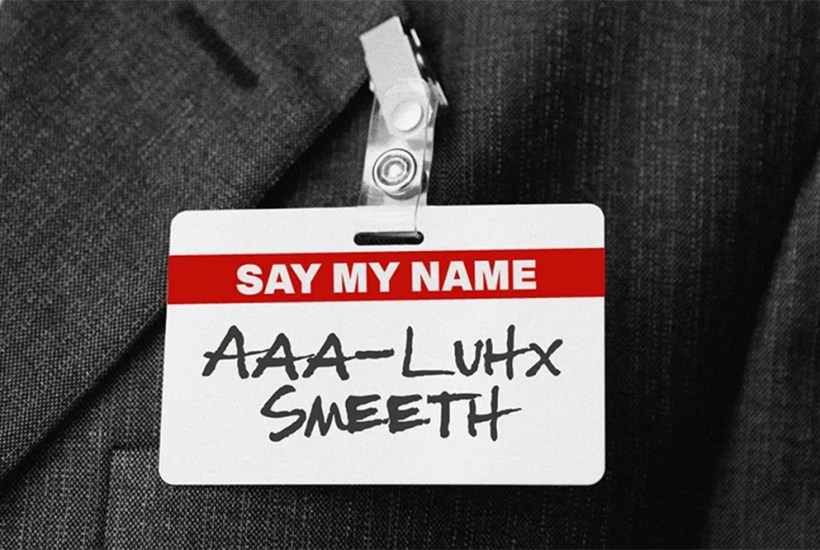No control
Sir: Your leading article (‘The welfare monster’, 25 November) has fallen into the increasingly common trap of posthumously attributing to Brexit voters imagined reasons for their voting to leave. No, we didn’t ‘in large part’ do so in a search for a better economic model. We did so to rid ourselves of the Brussels behemoth and regain control of our borders.
Already a subscriber? Log in
Subscribe for just $2 a week
Try a month of The Spectator Australia absolutely free and without commitment. Not only that but – if you choose to continue – you’ll pay just $2 a week for your first year.
- Unlimited access to spectator.com.au and app
- The weekly edition on the Spectator Australia app
- Spectator podcasts and newsletters
- Full access to spectator.co.uk
Or
Unlock this article
You might disagree with half of it, but you’ll enjoy reading all of it. Try your first month for free, then just $2 a week for the remainder of your first year.








Comments
Don't miss out
Join the conversation with other Spectator Australia readers. Subscribe to leave a comment.
SUBSCRIBEAlready a subscriber? Log in